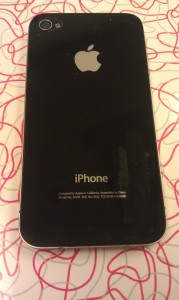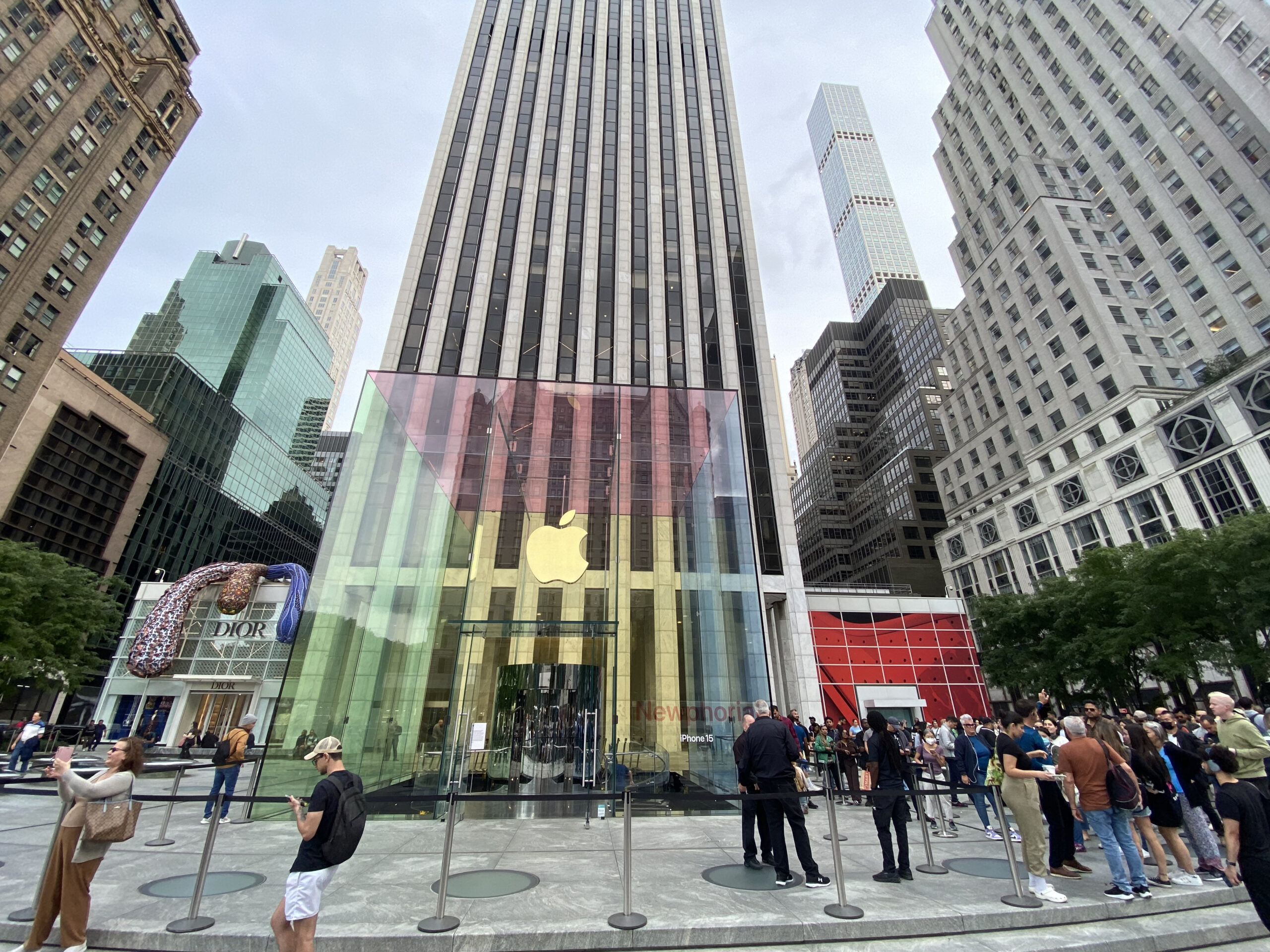iFone v. iPhone: What’s the purpose of trademark?
Today, U.S. tech blogs such as PandoDaily, Mashable, and VentureBeat reported that last week Mexican company iFone, which provides software services for call centers, won a trademark battle against Apple and its iPhone mark. The iFone trademark was registered in Mexico in 2003, while Apple’s iPhone trademark was registered there in 2007. It appears that in 2009, Apple challenged the iFone mark before the IMPI (the Mexican Institute of Intellectual Property), Mexico’s version of the USPTO. When that failed, iFone countersued for an injunction to prevent Apple from entering the Mexican market. After several years of litigation, iFone’s countersuit has apparently been successful, although it is possible that Apple is still finding a way to dispute the damages. Coincidentally, the iPhone 5 was set to start selling in Mexico today. Apple’s appeal was denied and Apple must pay what VentureBeat translated as “no less than 40% of the sales of iPhone services in Mexico.” According to Fox Latino News, iFone’s lawyer said: “It’s the third time Apple has lost.”
There are some questions left unanswered (especially because the primary source is in Spanish). First of all, it is unclear how customers would have been confused, given that iFone seems to be a very different market from the iPhone. In certain jurisdictions in the U.S., there is a trademark doctrine called “dilution,” which mark holders rely on to prevent uses of their mark in entirely different industries, even where customers wouldn’t be confused as to source, to avoid the strong association with one mark from being “diluted” by a very similar mark in an unrelated market. It’s not clear whether this cause of action was at issue, or what the status  of this doctrine is in Mexico. Second, it is unclear whether iFone would have decided to sue Apple if Apple hadn’t gone after them first. However, when Apple chose to enter this international market with its iPhone, its only real options were seeking a declaratory judgment that they were not infringing, attempting to have the mark canceled from non-use, or trying to license the mark. It appears that this was not an instance of wrongful, overreaching litigation, but the appropriate business practice. And in fact, a similar incident happened to Apple in China over its iPad trademark. Finally, it is unclear what impact this limitation on iPhone sales in Mexico will have on Mexicans instead obtaining iPhones from other international (or unlawful) markets. Potentially there will be a settlement, if there is Mexican demand for iPhones.
of this doctrine is in Mexico. Second, it is unclear whether iFone would have decided to sue Apple if Apple hadn’t gone after them first. However, when Apple chose to enter this international market with its iPhone, its only real options were seeking a declaratory judgment that they were not infringing, attempting to have the mark canceled from non-use, or trying to license the mark. It appears that this was not an instance of wrongful, overreaching litigation, but the appropriate business practice. And in fact, a similar incident happened to Apple in China over its iPad trademark. Finally, it is unclear what impact this limitation on iPhone sales in Mexico will have on Mexicans instead obtaining iPhones from other international (or unlawful) markets. Potentially there will be a settlement, if there is Mexican demand for iPhones.
How one views this case probably depends on how one thinks about trademark. Construed in the more modern “propertized” way that is fashionable for IP, this is a win for trademark law. The Mexican company iFone got to this mark first. It staked its claim. It is property, and tough luck for Apple. Construed in the more classical sense, however, in which trademark is principally a doctrine focused on consumer protection, this isn’t clearly the policy outcome we want. It is likely that the mark in question causes most consumers to think not of call-center services (the service that iFone S.A. de C.V. provides) but of the coveted smartphone marketed by one of the most prominent companies in the world.










